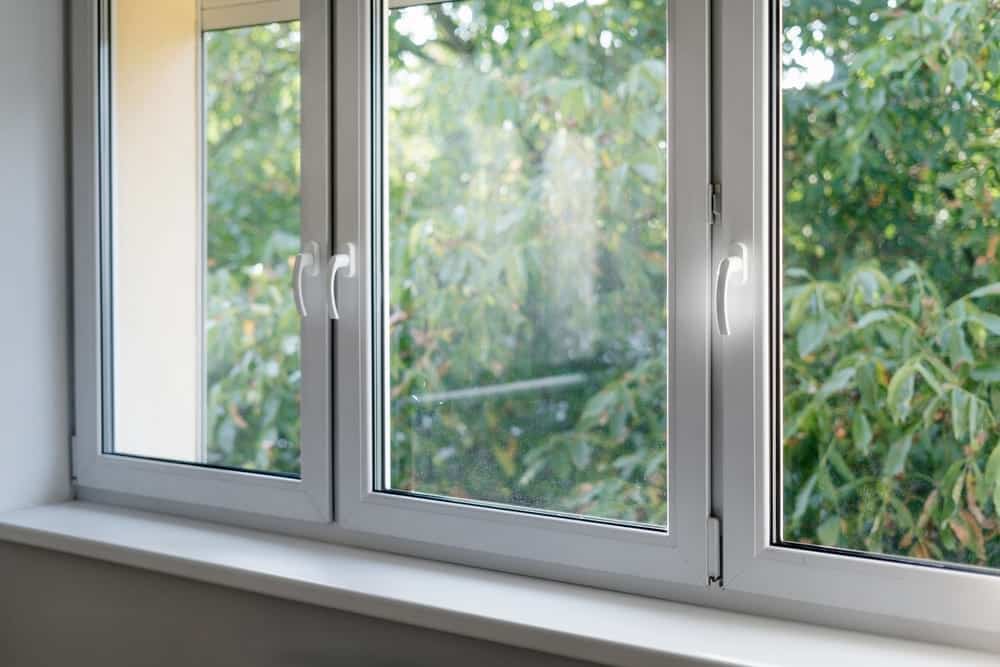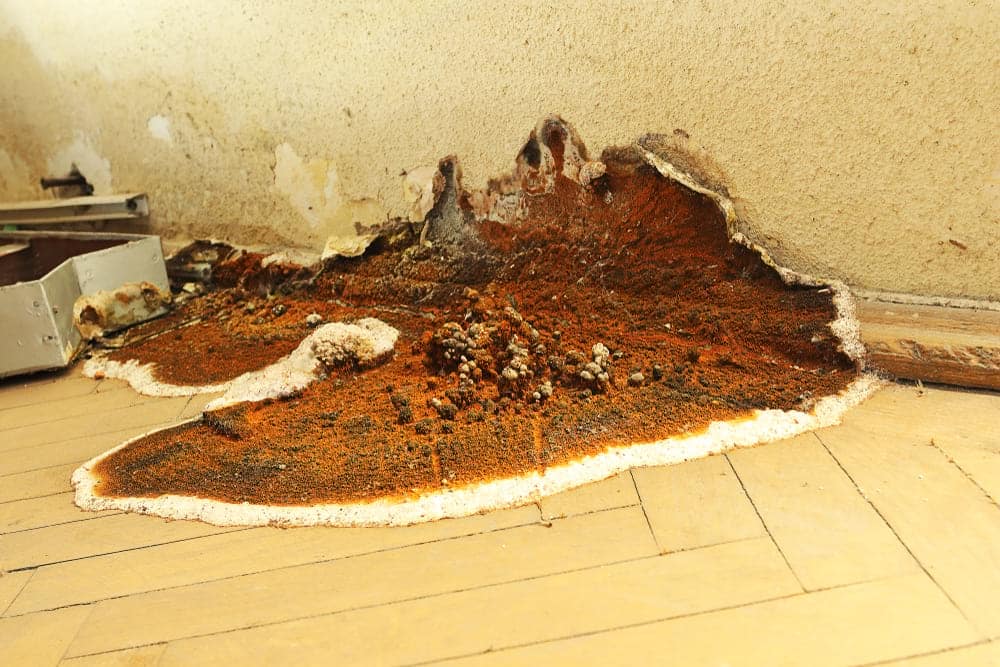Damp is one of the most frustrating property nasties homeowners can face.
It’s unpleasant to look at, smells, and can sometimes cause structural damage to the building.
And, of course, if reduces the value of your home.
But how much does it devalue a property by?
Read on to find out.
What is damp in a property?
Damp occurs when there is a presence of moisture, water and condensation within a property.
It is easily identified by its smell and the black spots it creates on a wall or surface.
What causes damp in properties?
Experts are recommended to help identify the cause of damp, which can be different in different buildings.
However, it is often caused by things such as:
- Drying clothes inside the home
- Perspiration caused by showering and bathing
- Poor ventilation in a property.
What is rising damp?
Rising damp is damp is moisture that travels upwards through small holes in brickwork (this process is called capillary action).
The trapped water, which contains salts, can also travel through other porous materials like plasterwork, joists, and skirtings.
When the evaporation overcomes the capillary action, rising damp will eventually stop. This can be seen from yellow or stained ‘tide marks’ on the walls.
What causes rising damp?
Rising damp is caused by a range of factors.
Most buildings have a damp proof course (DPC), which is a water-resistant barrier installed at a lower level to prevent water from rising.
In most cases (especially with old buildings) it could be that the DPC is no longer effective or needs replacing.
In newer buildings, ‘bridging’ can also be a cause of rising damp. This is when ground level are raised above the DPC — or there’s a build up of debris in cavity walls.
How common is damp in the UK?
Research released by Rentokil Property Care has found that 5.8 million British renters have experienced damp and condensation issues, as well as black spots on the walls of their homes.
This is thought to be approximately 1 in 5 people.
This is primarily due to the country’s relatively old houses.
Why does damp devalue a house?
Damp devalues a house because if it’s left untreated, it can:
- Cause deterioration to the structure of a property
- Create health issues for the people living there
- Attract pests to the house.
Do you have to disclose damp in a house sale?
Yes, damp is something you must disclose during a house sale.
If you don’t disclose it and your buyer finds out beforehand, they might pull out of the sale or negotiate harder to reduce the asking price.
How much does damp devalue a property?
The existence of damp will decrease the value of your home.
How much the value is affected will depend on how much there is, how easily it could be resolved, and how much the potential homeowners care.
It is generally expected that damp will devalue a property in the UK by around 10%.
This percentage may vary depending on the circumstances.
What to do when you have damp in your house
There are lots of specialists throughout the UK for dealing with damp in a property.
You should consult with these experts before making decisions on how to combat damp in your house.
As a general rule, it is advisable to increase natural ventilation in your property as much as possible.
This is a good idea no matter what – but opening the windows can help, in the time until you bring in an expert.



















